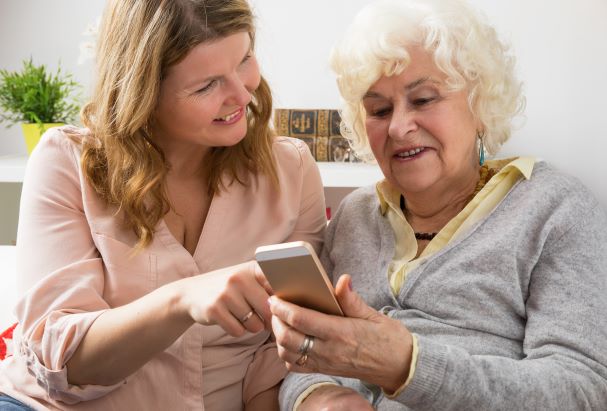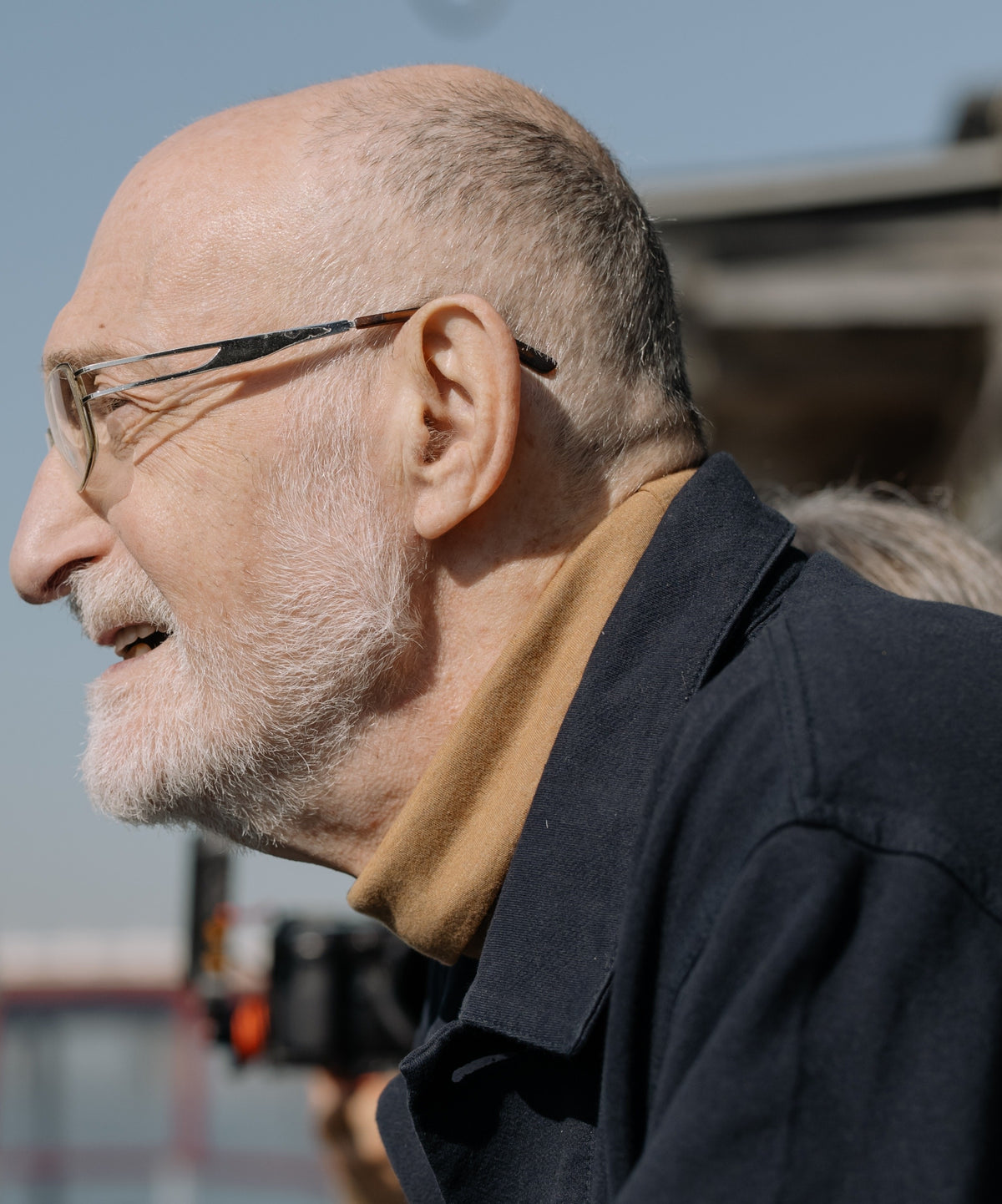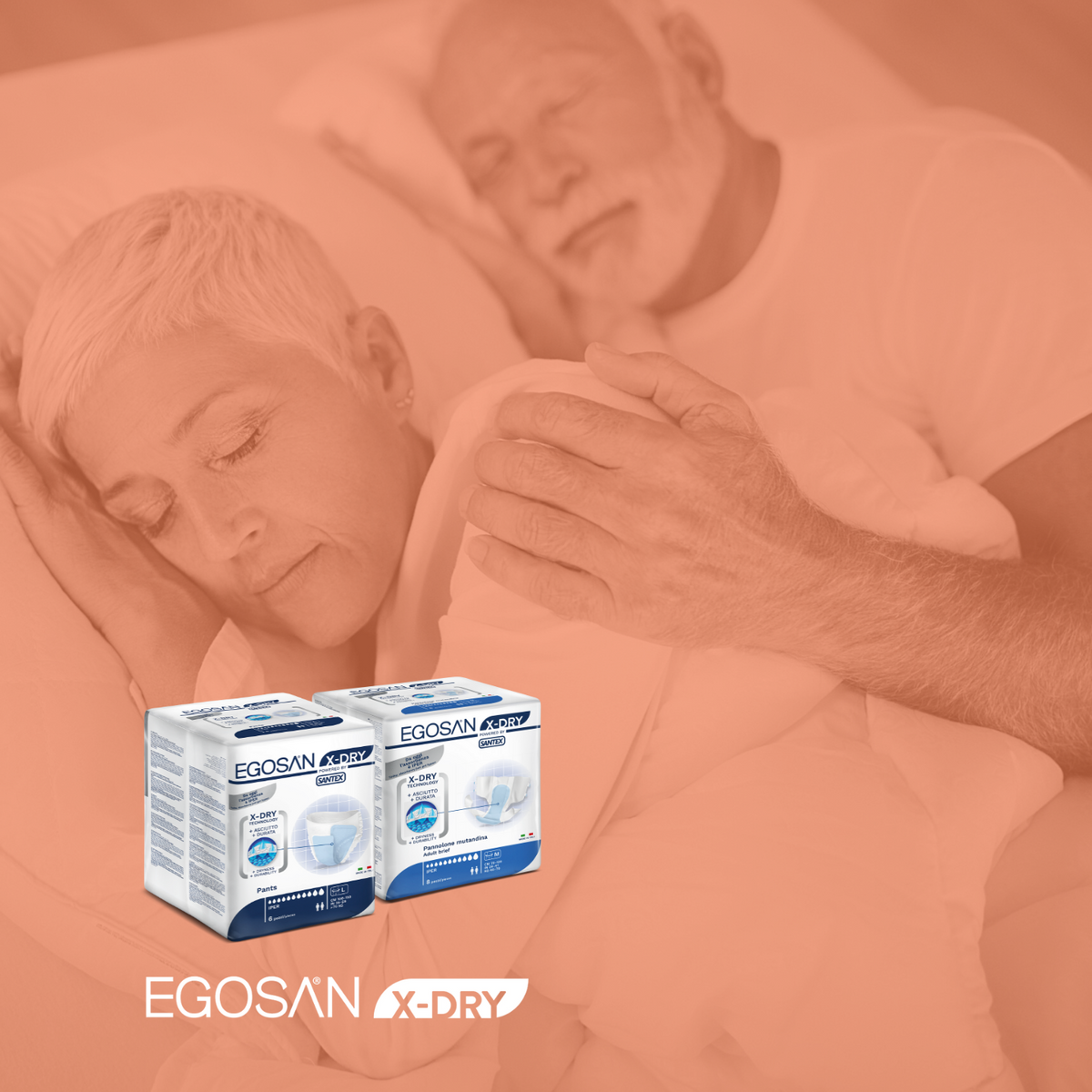An Older Adult Skips Bathing? Maybe there’s a Reason

A common complaint about older people, especially those who have health challenges, is that they “smell” or have other signs that they don’t shower or bathe often enough to stay fresh.
Some of this may be driven by ageist stereotypes, but some of it can be based in truth. If you have a parent or other older adult in your family and you feel that poor hygiene is a realistic issue, the first thing you should do is try to determine why the person isn't keeping up with self-care.
Understand that we aren’t talking about someone who wasn’t smelling too fresh one day when you stopped in. There could be many reasons for this. Perhaps they simply had a hard arthritis day or at the other extreme, maybe they had a stellar day and have been out working in the yard for hours, with a shower next on the agenda. So, avoid being judgmental. What we’re referring to is poor hygiene that boils down to self-neglect.
Start by finding out why
Since you care about this person’s welfare, you should be able to talk with them about a number of issues. Avoid a confrontational tone or attitude. In fact, you might find it helpful to talk more generally about what’s going on in their life and maybe even in yours. Once establishing some level of comfort, try to find out what is behind this lack of personal hygiene, with the intent of helping, not blaming. You might try these steps:
- Is the person experiencing depression? Depressed people of any age can find doing anything at all more than they can handle. The thought of a shower or bath is overwhelming. Time means nothing, so they can become unkempt and even unclean without having any real sense of this. If your older loved one’s depression is this serious, she should be seen by a doctor because the worry isn’t about hygiene, it’s about mental health.
- Does the person feel a loss of control? As people age, they often feel as if they’re losing control over their lives so they’ll try to control what they can. Their personal hygiene is one of those things. This may seem self-defeating, but rebellion is rarely rational. Try talking with the person in a way that underscores all the things in their control. Encouragement rather than judgment can go a long way.
- Boredom can be a problem. Without enough to do, why bother? That’s often not just an older adult’s mindset; it can be universal. Suggest doing something fun together such as a drive in the country to visit old haunts or even go out to lunch or shopping. Anything that has a new focus could have the person instinctively taking a shower or bath in order to get ready. Think of it this way. If energy is low, the person may think why take a shower when I won’t see anyone today? So, if you are in a position to change that, try to do so.
- Older people may not have the sense of smell that they had when younger - or that you might have - so they may not feel the need to bathe regularly. Again, your approach could be to invite them to go out for a walk or to pick up ice cream. That might be enough to get them to freshen up out of habit.
- Don’t obsess about them having a daily bath. Unless an older person has been very active, they probably won’t need a daily bath or shower. With more fragile, dry skin, just washing the underarms and groin area in between formal showers might actually be healthier.
- Fear and/or pain: Older adults might experience dizziness from medications or even inner ear problems. This can make getting in the bath or shower scary and washing hair dangerous. Pain can work into this, too. If it hurts their knees to get a leg over the side of the tub, they may put off the chore. Dizziness should be reported to the doctor because some medication changes might be warranted. If pain is an issue, maybe a shower chair, grab bars, long handled back brush, and a hand-held shower head would help. If getting in at all is a problem, check into the possibility that a shower upgrade could be arranged that would make the process easier.
- Discomfort even apart from the aforementioned pain can be an issue. Some older people get cold more easily. They might become tired more quickly. They may no longer have the sense of balance and range of motion they once had. If someone must help them bathe, there is a loss of dignity involved. Offer to go with them to the doctor to see if more can be done to ease their discomfort.
- Cognitive impairment complicates the issue. Showers and bathing can be major concerns for dementia caregivers. The short-form suggestion is to try to make the shower experience more comfortable by keeping the room warm and approaching the person in a gentle manner. Also, know that skipping a shower never killed anyone, so less bathing/showering might be fine as long as private parts are cleaned when needed. This step is especially important with incontinence.
- Not wanting to wear incontinence protection because they equate pads of any style with being a baby. This is a social problem, so scolding will only bring defiance. Normalizing the situation can help, though. Make the point that there are many situations that can render even younger people incontinent. The only way to handle it is to use great protection and then get on with a confident life. Read Matt’s story for inspiration.
As with everything that we do for others, we need to lay aside judgmental attitudes. Compassion and kindness will get much better results than scolding, blaming, or ridiculing. If an older adult in your life is having trouble staying reasonably clean, give some of these tips a try. Maybe one or more of them can make life easier for you and for them.
***
Discover the Difference. EGOSAN - the Top-Rated incontinence brand from Italy. Now Available on Amazon.




